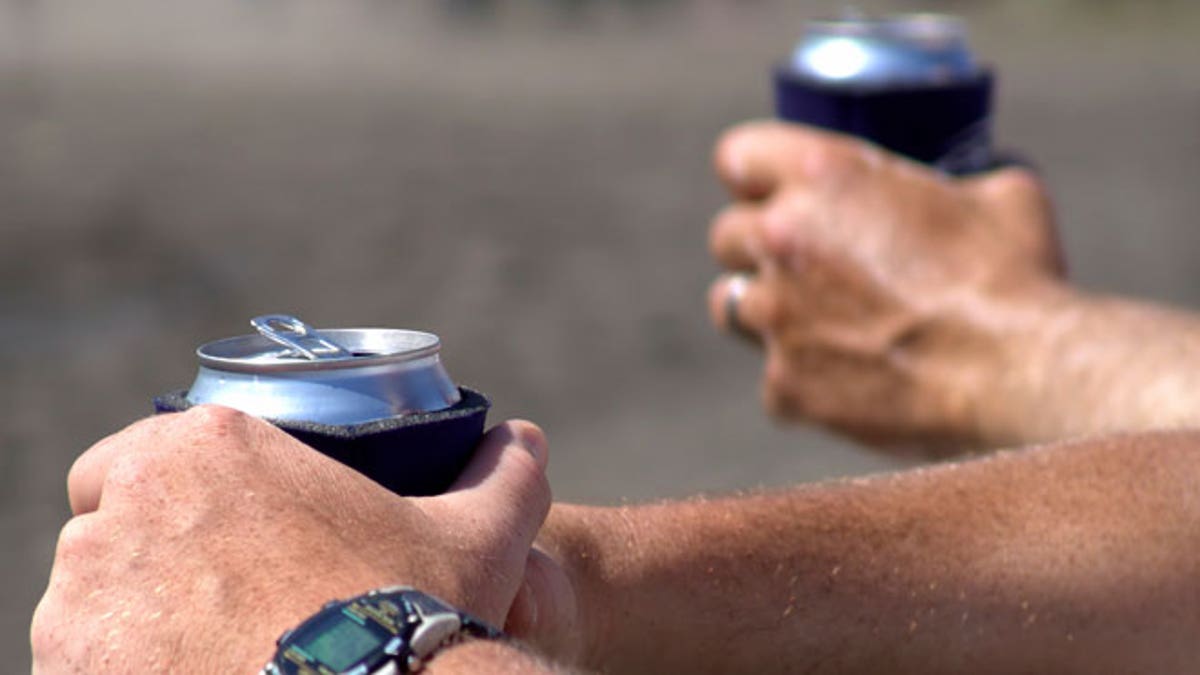
Parents' influence on teens’ drinking varies in girls and boys, suggests a new study from Taiwan.
While the drinking behaviors of both genders were mostly influenced by fathers, the behaviors of girls were also somewhat influenced by their mothers, researchers found.
Still, “the association between father drinking and teen drinking was stronger than that between mothers’ and teen’s drinking,” said coauthor Hsing-Yi Chang of the National Health Research Institutes in Miaoli.
“Taiwan is still a patriarchal society,” and fathers are a role model for boys, Chang told Reuters Health by email. “Additionally, more men drink than women.”
She and her co-authors used data from a previous long-term study of child and adolescent behavior, including almost 4,000 students who were in grade nine between 2006 and 2009 in Taiwan.
Nearly 4,000 boys and girls answered questionnaires about their own drinking. Overall, 679 students said they had been drinking within the previous month, researchers reported in the journal BMJ Open.
They also reported their perceptions of how often their mothers and father drank alcohol: infrequently (no more than once or twice over the previous month) or frequently (several times over the previous month).
Students also rated their parents’ attitudes towards underage drinking from "very against" to "very favorable."
Boys whose fathers were non-drinkers, or who were drinkers but were against underage drinking, had a 39 to 73 percent reduced risk of drinking alcohol compared to boys whose fathers were frequent drinkers with a favorable attitude to underage drinking.
“In boys, knowing his father was against drinking had stronger effects than fathers’ behavior,” Chang said.
Girls with a non-drinking father had a 48 to 49 percent reduced risk of drinking, compared to girls whose fathers were frequent drinkers with a favorable attitude to underage drinking.
And girls with a non-drinking mother who was against underage drinking had a 77 percent reduced risk of drinking, compared to girls whose mothers were frequent drinkers with a favorable attitude to underage drinking.
Ina Koning, an assistant professor of social sciences at Utrecht University in the Netherlands, agreed in an email that a father's drinking appeared to be more influential in the study.
“That may have to do with the fact that the level of drinking among fathers is higher than that of mothers,” said Koning, who was not involved with the new study.
Drinking is a social behavior for teens, and “both parental behavior and attitude are important,” Chang said. “Teens are at the stage of exploring new things and want to be recognized by their peers."
"How to supervise them is an art,” she added.








































